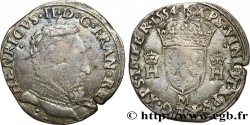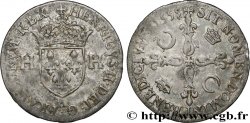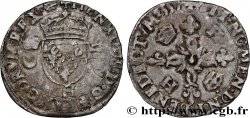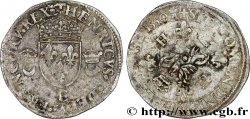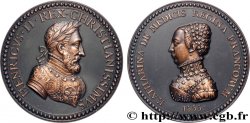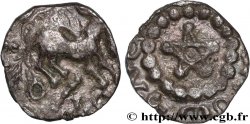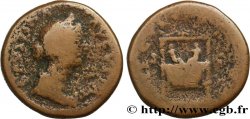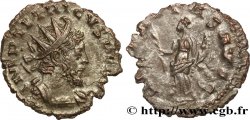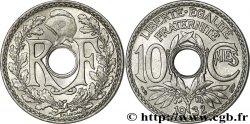Live auction - bry_347003 - HENRY II Henri d'or, 1er type, faux d’époque 1558
得先注册又得到批准才可以报价。为了报价注册. 客户应该得到公司允许,那种过程需要 48 个小时。别等出售结束那一天才登记。您报价的话等于您赞成买那物品,而且按« 保价 » 证明您接受 cgb.fr 因特网拍卖使用法.
报价时只可以出全数值欧元总额。物品描述也说明销售结束时间,结束后出价都不会生效。 报价命令转达有时变动,等到最后秒钟增加否决的可能会。想多了解的话请注意 因特网拍卖常问
最高出价方将支付18%的不含税的拍卖费用
最高出价方将支付18%的不含税的拍卖费用
| 估算 : | 2 500 € |
| 价格 : | 2 400 € |
| 最高出价 : | 4 750 € |
| 拍卖结束日期 : | 31 March 2015 15:55:18 |
| 竞拍人 : | 2 竞拍人 |
种类 Henri d'or, 1er type, faux d’époque
日期: 1558
铸币数量 69900
材质 gold
纯度、成色(用角密度) 958 ‰
直径 24 mm
模子方针 9 h.
重量 3,24 g.
稀少度 R3
关于品相的说明
Cet henri d’or de poids léger, présente des reliefs plus nets au droit qu’au revers. Portrait bien venu. Revers concave présentant des traces de chocs en son centre
出版目录中的项代码 :
家谱
Cet exemplaire provient de la collection du Docteur Frédéric Nordmann
正面
正面的文字 HENRICVS. II. D. G. FRAN. REX.
正面的说明书 Buste de Henri II à droite, cuirassé.
正面的翻译 (Henri II, par la grâce de Dieu, roi des Francs).
背面
背面的文字 (SOLEIL) DVM. TOTVM. COMPLEAT. ORBEM (MM) 1558.
背面的说明书 Croix formée de quatre H couronnées, cantonnée aux 1 et 4 d’un lis, au 2 et 3 d’un croissant ; un B en cœur de la croix du revers.
背面的翻译 (Pour qu'il remplisse l'Univers).
评论
Faux d’époque sur lequel le différent d’atelier est remplacé par une croix. Certains auteur ont voulu voir dans cette croix le différent de la monnaie de Caen, qui ne frappa que des douzains aux croissants. Un exemplaire de même style, au même millésime et avec la croix centrale, a été découvert en 1962 dans le dépôt monétaire de la rue de la Tranchée à Poitiers. Cet exemplaire, aujourd’hui conservé dans les collections du Cabinet des médailles de Paris est toutefois issus de coins différents, laissant à penser que cet habile faussaire a frappé de nombreux henris d’or. La croix centrale remplaçant la lettre d’atelier est très certainement copiée sur les tarifs d’époque présentant une gravure sur bois avec la croix centrale.







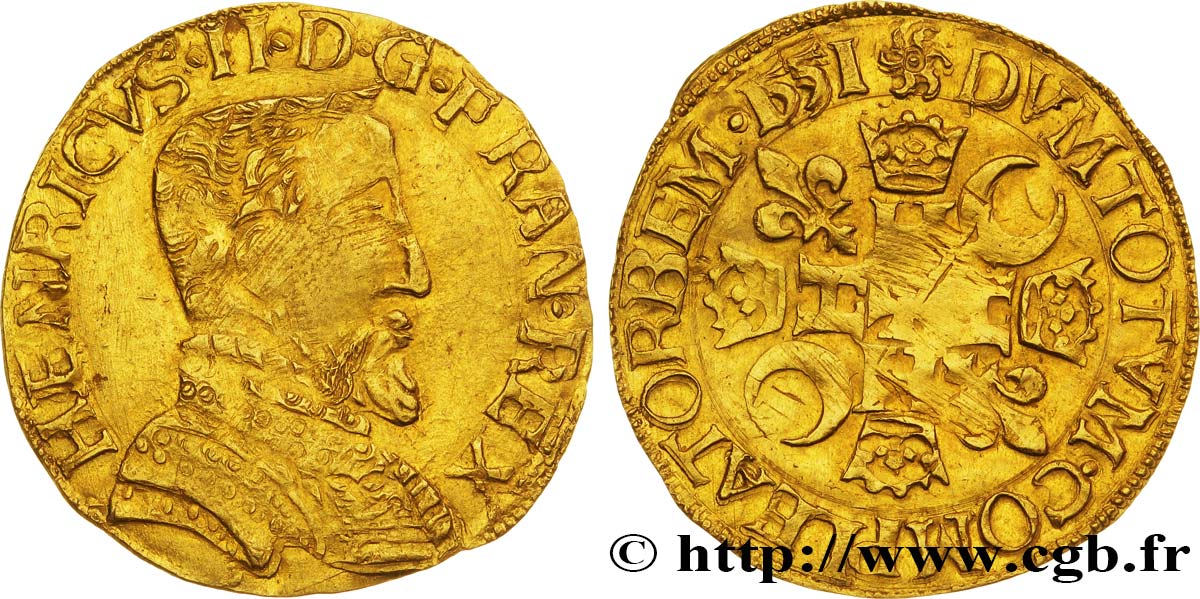
 对产品描述纠错
对产品描述纠错 打印
打印 分享我的选择
分享我的选择 提问
提问 Consign / sell
Consign / sell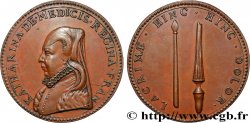
 产品介绍
产品介绍